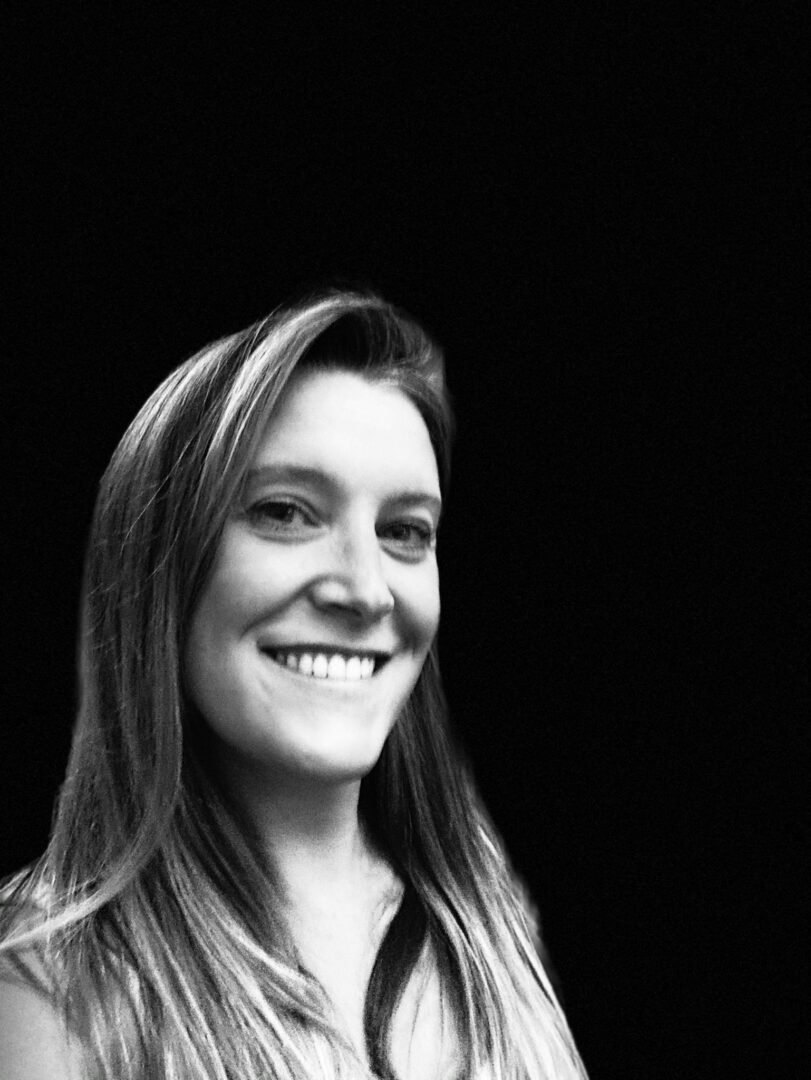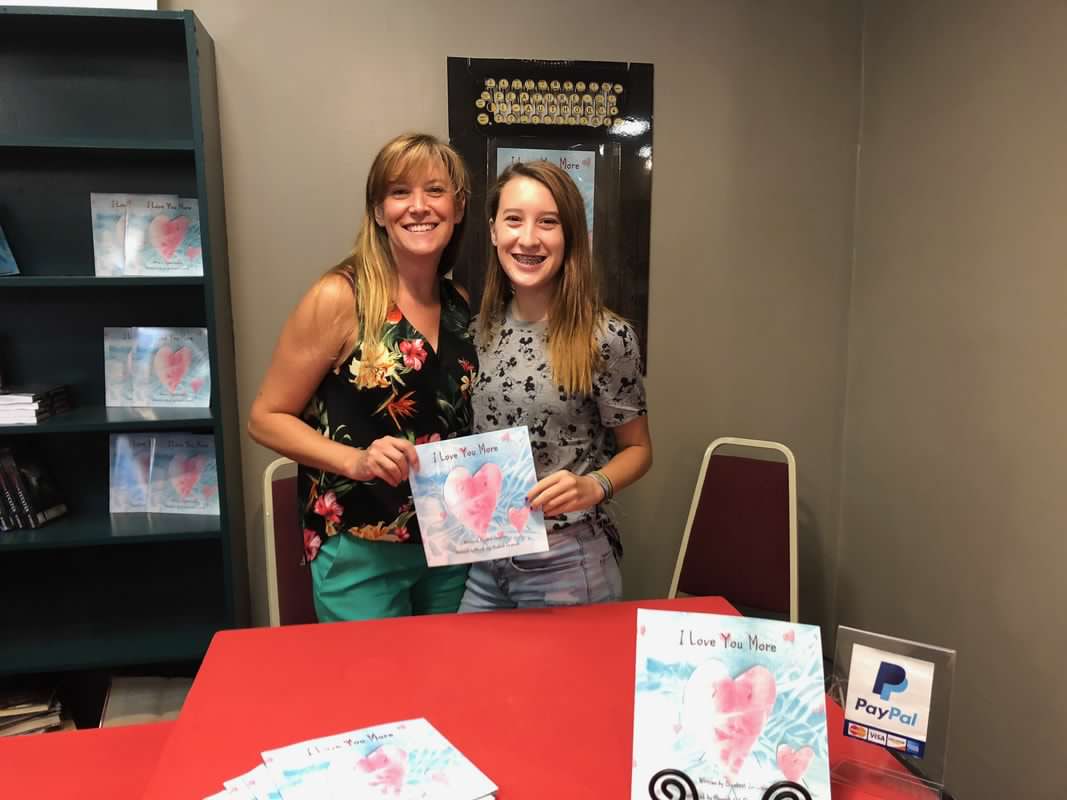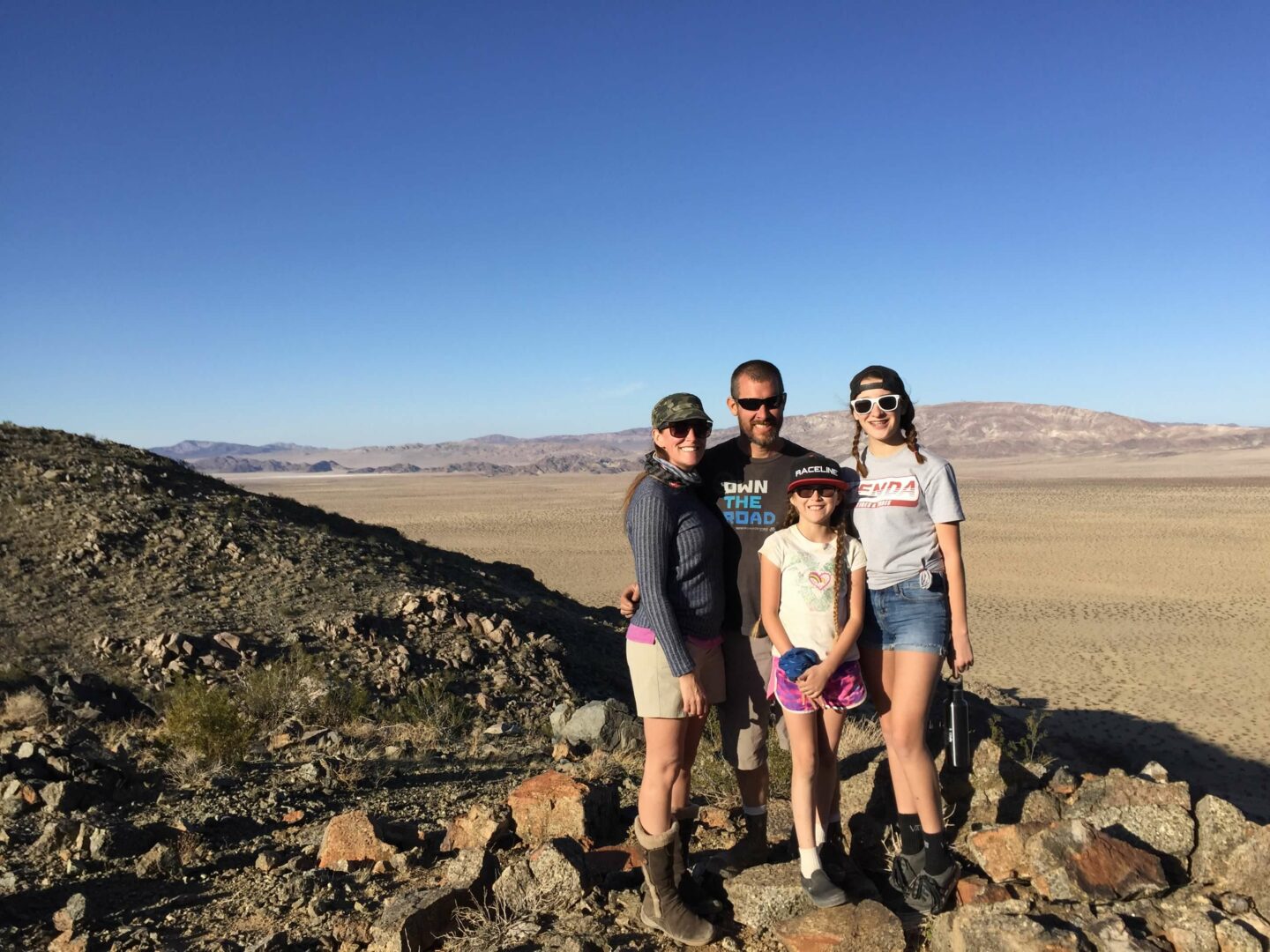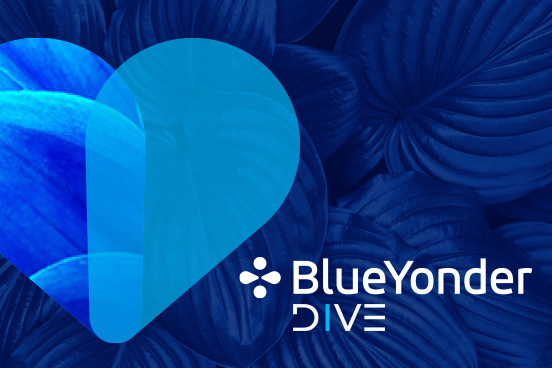Blue Yonder’s Liz Jorgensen shares why it is important to be empathetic to yourself just as much as to others. It’s all about giving yourself grace and taking care of your own wellbeing, too. She talks about striving to be a role model for her daughters and for women in tech as well – to always feel included, be heard, and be enough.

What’s your career journey been like at Blue Yonder?
I have been here for 5 years and have been fortunate to enjoy multiple roles so far. I joined Blue Yonder as a finance director, and at the time, was supporting the North America professional services team and then moved on to support professional services globally. My long-term goal was to take on a role outside of finance.
About 18 months ago, an opportunity arose in customer success for an operations role. That’s my role now, but I also manage the tools and process team which includes supporting the customer portal, support of our internal tools, and Lean Six Sigma process expertise. I love working with a team that makes a difference on a daily basis for our internal and external customers.
What are the favorite parts of your role?
Every day, there is something new to do. I see so many different aspects of customer success across the business. From back office to customer journey, to communications to metrics, and strategy. I get a broad view of what’s going on in the business and really like that. I also really love leading my team!
Can you point to a critical moment in your career that really made a difference in your path?
The company I worked for prior to Blue Yonder had launched an executive sponsorship program. As part of the program, a senior leader is paired with a manager or individual contributor to sponsor their career journey.
I was paired with a leader outside of my team and he saw something in me that I didn’t recognize. He sponsored a role and functional change for me at the company that ended up being career changing. It really opened up a world of opportunities and possibilities I didn’t imagine. I had been so focused on my role and function and never looked outside of it or myself to see what he saw. He opened the door, saw that my skills were transferrable and better suited to a different role. It was really transformative!

What’s one piece of advice you’d give your younger self?
Your life and career won’t necessarily go on a linear path. I heard someone say that it’s more like a jungle gym! And I really like that analogy because it’s true. It’s really about the journey, not the destination.
What do you believe is the biggest challenge facing leaders today?
One of the biggest challenges I see is keeping up with and ahead of the pace of change. In some ways, there is an environment of immediacy, with always-on technology and social media. It is tough when leaders are expected to make decisions at lightening pace. But it’s also important to disseminate change information with a level of thoughtfulness and consideration about changes that may impact associates. We need to give ourselves a little bit of grace to do the best we can. We need to first absorb the change, understand the change, then disseminate it out to broader group. As leaders, we need to be assertive about the fact that we need time to reflect on the changes and what the impact of the changes will do. Foresight and reflection go a long way.
How has empathy resonated with you since the pandemic? Any lessons learned/advice?
It’s a big part of who I am and is part of my personality. Empathy has led to many positive interactions and connections.
What I find interesting, and almost counterintuitive, is that we need to be empathetic to ourselves too. That’s because being empathetic when interacting with others can be emotionally hard. It’s important, but hard work. So, I think it is just as important to give grace and empathy to ourselves too. You can’t forget about your own wellbeing.

Why do you DIVE IN?
I want to be an example to my daughters and show them that inclusion benefits everyone. But it also goes further than my daughters – it is also to show that other women, especially in tech, can benefit from inclusion. I want to be an example to those women. I want them to be themselves, not question themselves, know that they are enough, even when you’re the only woman in the room which I am a lot of the time.
How does that make you feel when you are the only woman in a meeting?
It’s been so frequent across my 20+ year career that I don’t notice very often. I notice more when there are all women and no men in a meeting.
Have you ever realized you had an unconscious bias? What did you do about it?
I do have to be very mindful of this. Many of us may have this same bias. I gravitate towards those like me. I think it’s natural for us to behave that way. I do try really hard to take other people’s opinions into account, to keep an open mind. I have to make an effort to really make sure I am not letting a bias creep in. Being aware of it and how it perpetuates negative uniformity can help.
What do you think are biggest obstacles of diversity in the workplace?
This one really ties into unconscious bias for me. Once we become aware of it, and take steps to remedy it, it will lead to more diverse workplaces. We need to gravitate towards different people more naturally.
What are three key words you would use to describe yourself?
Adventurous, crafty, bookworm!
What’s one fun fact about you?
My daughter and I published a children’s book together! It’s called I love you more. It was a lot of fun, but hard work!

